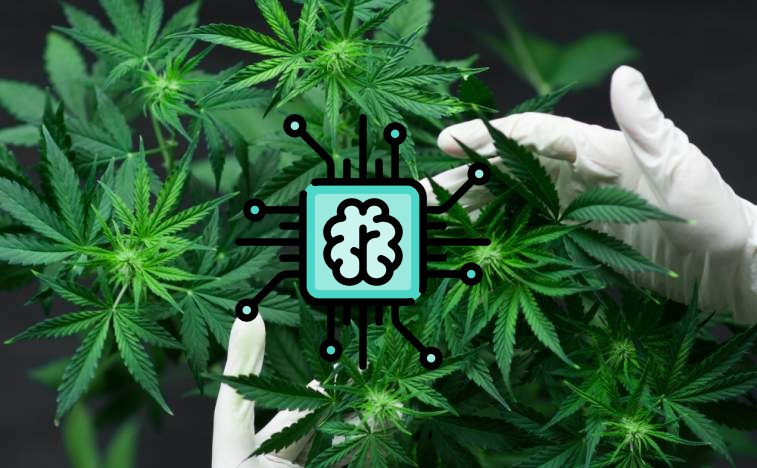Marijuana Use Linked to Addiction and Psychosis, Warns New Evidence Review

The widespread legalization of recreational marijuana in the United States is contributing to a surge in cannabis-related mental health problems, according to a new evidence review.
The review, authored by Dr. David Gorelick, a professor of psychiatry at the University of Maryland School of Medicine in Baltimore, highlights that nearly one in five Americans aged 12 and older used marijuana in 2021. Shockingly, over 16 million individuals meet the criteria for a diagnosis of cannabis use disorder, with close to half of those individuals also dealing with another psychiatric condition such as anxiety, major depression, or post-traumatic stress disorder.
“There is a lot of misinformation in the public sphere about cannabis and its effects on psychological health, with many assuming that this drug is safe to use with no side effects,” noted Dr. Gorelick in a university news release. He emphasized the importance of understanding that cannabis can have addictive effects and urged physicians and the public to recognize signs and symptoms for proper diagnosis and treatment.
The review points out that weed use accounts for 10% of all drug-related emergency room visits in the United States. Seven recognized disorders related to cannabis use were identified, including cannabis-induced anxiety disorder, cannabis-induced psychotic disorder, cannabis-induced sleep disorder, and cannabis-induced delirium, the latter manifesting as hyperactivity, agitation, disorientation, and hallucinations.
Cannabis use disorder, defined as problematic marijuana use, is a prevalent issue, particularly in those using weed more than four days a week. Young adults aged 18 to 25 are disproportionately affected, with over 14% of individuals in this age group struggling with problematic weed use. Dr. Mark Gladwin, dean of the University of Maryland School of Medicine, emphasized that approximately one in ten people who use cannabis will become addicted, and this rate increases to one in six for those starting before age 18.
“As use of this drug increases, we must delve deeply into basic research to understand the brain’s cannabinoid system,” added Dr. Gladwin. “We must also design translational studies of therapies that target these brain mechanisms to help those with cannabis use disorder—particularly young adults and pregnant women—overcome their dependence on this drug.”
Beyond mental health concerns, heavy weed use is highlighted as a risk factor for other health issues, including a 30% to 40% increased risk of car accidents, as noted by the researchers.
Sources:
University of Maryland, news release, Dec. 14, 2023





